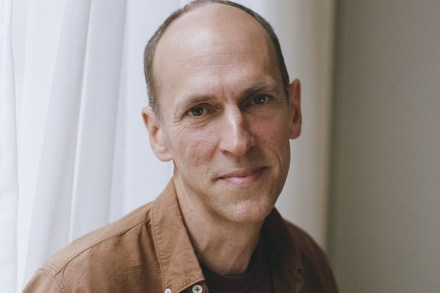Driven to extremes: The Rest of Our Lives, by Ben Markovits, reviewed
In a break from his tetralogy about the Essinger family, and following on from The Sidekick (a kind of Humboldt’s Gift with basketball), Ben Markovits now takes us on a road trip across America. The Rest of Our Lives explores marital breakdown, betrayal, the empty nest and a myriad mid-life malaises, including life-threatening illness. It’s quietly enthralling and full of the small epiphanies that more maximalist writers wouldn’t deem worthy of notice. When Amy Lanyard has an affair with ‘a guy called Zach Zirsky whom she knew from synagogue’, her husband Tom, a legal professor, vows to leave the marriage after their daughter Miri turns 18. Twelve years later, as



